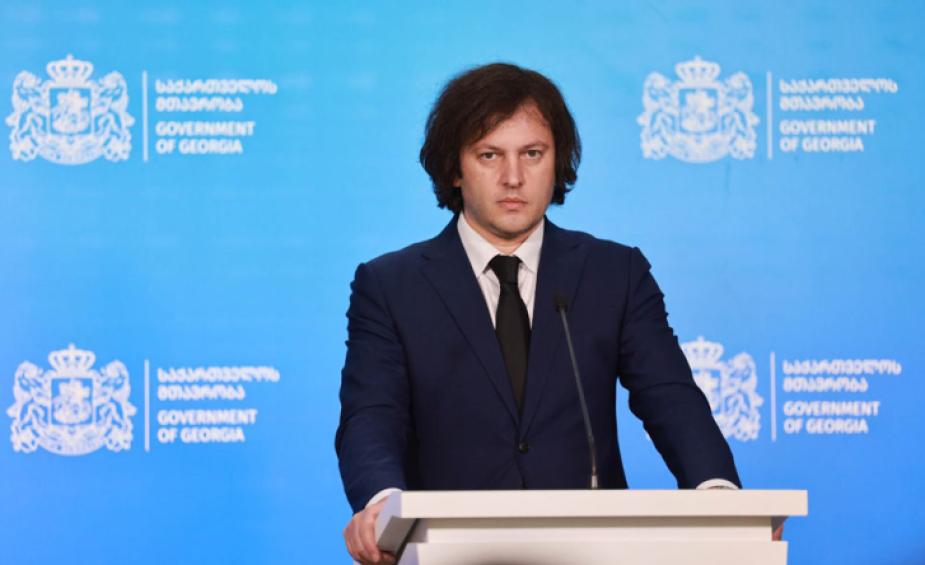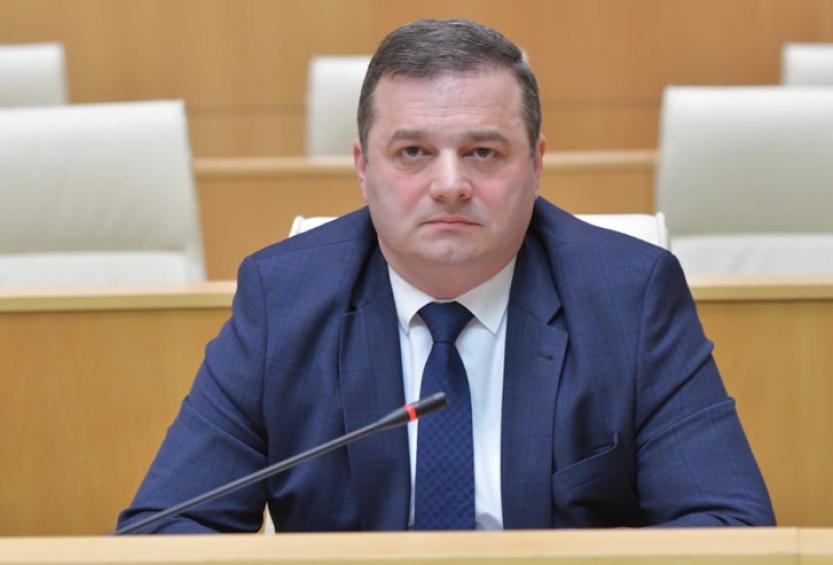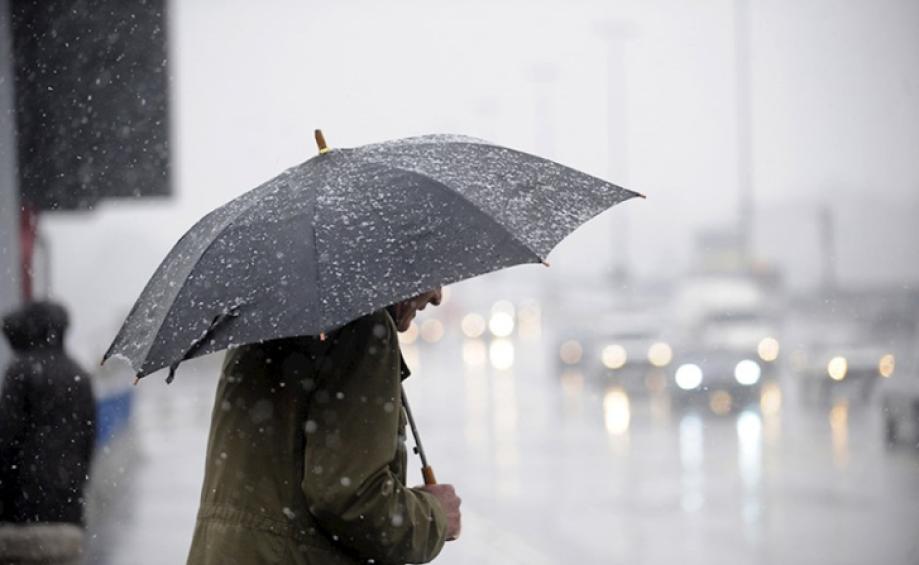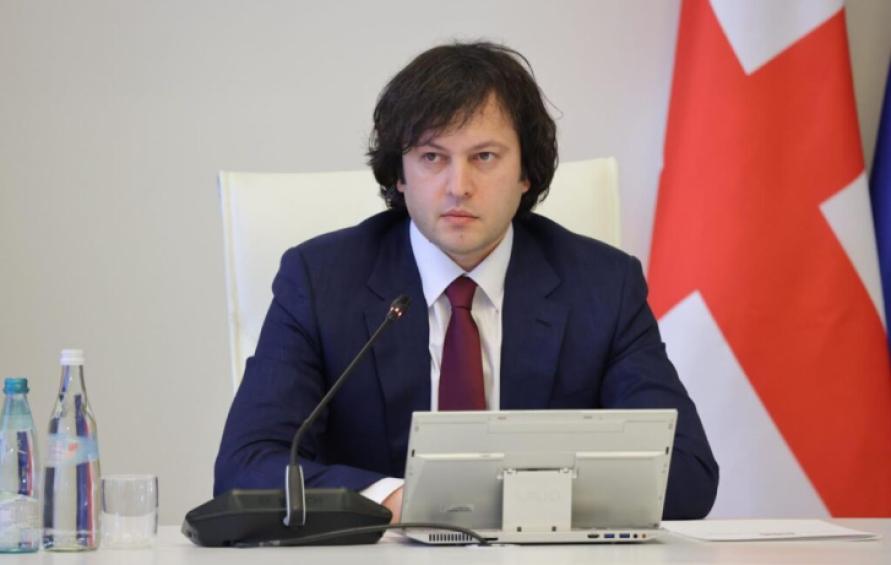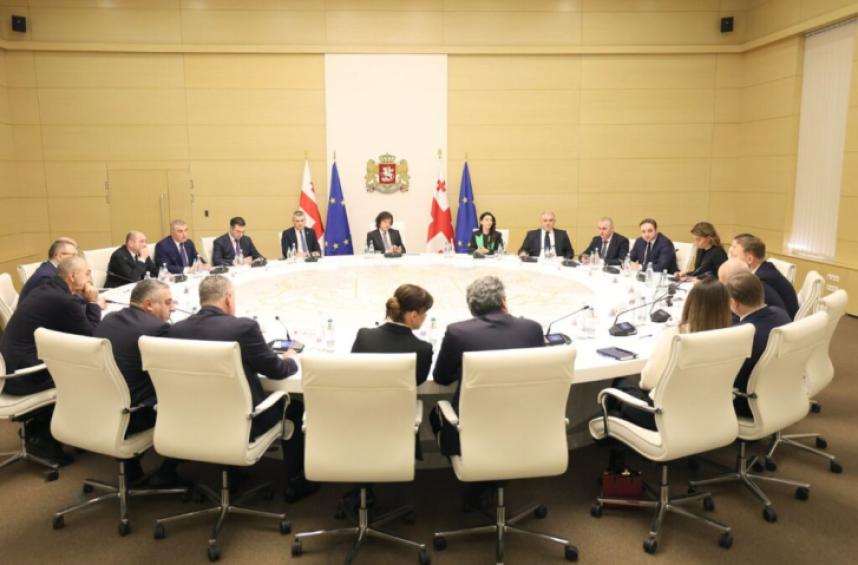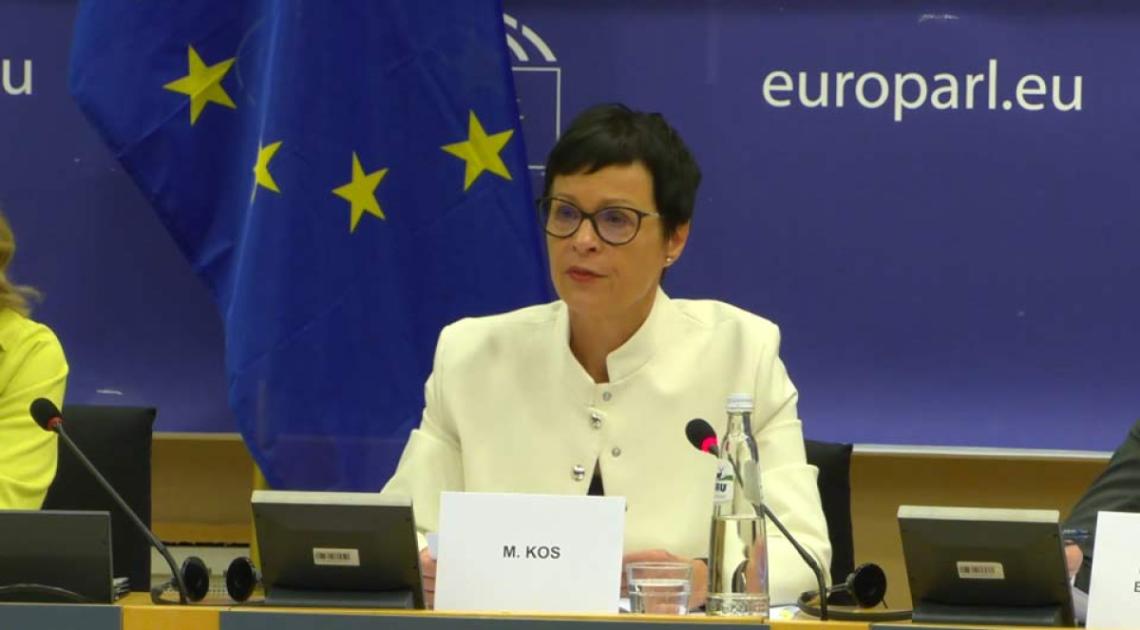
The European Union has a “responsibility” to support candidate countries in maintaining their European trajectory, EU Commissioner for Enlargement Marta Kos said this week, ahead of the publication of the European Commission’s annual enlargement review.
Kos stated that the EU has learned valuable lessons from its past experiences with the United Kingdom and Georgia, and is now prepared to adopt a “more assertive” approach — including direct investments in candidate countries — to counter disinformation and foreign influence.
“It was the first time that we invested resources, we have invested men and women power to help fend off foreign malign interference. This included for the first time the deployment of the EU’s rapid hybrid response team,” Kos said, describing 2025 as a turning point in the EU’s enlargement policy.
She pointed to Moldova as a success story, noting that ahead of last month’s parliamentary elections, President Maia Sandu had warned about extensive Russian efforts to influence the vote. In response, the EU deployed its rapid hybrid response team to help counter disinformation, after which Sandu’s pro-European party secured a landslide victory.
“This is proof that the EU is finally learning from its mistakes,” Kos said. “When the UK decided to have a referendum, we saw it as an internal affair and didn’t even say, ‘Please, could you stay?’ Like in Georgia, where we already knew Russian interference was high, we didn’t help.”
According to Kos, the EU is now taking a more proactive stance against Russian disinformation, using strategic communication to turn Moscow’s narratives in favor of Europe.
“We have studied their narratives well; we turned them around and use them in support of Europe. Once a country becomes a candidate, it is also our responsibility to help it,” she emphasized.
Kos is expected to present the European Commission’s 2025 enlargement report next week, outlining the progress of candidate and potential candidate countries.
Reflecting on the past year, the commissioner said “2025 was a good year for enlargement”, with more progress achieved than in the past 15 years. However, she cautioned that challenges remain ahead:
“Next year, 2026, will have higher stakes with one central question: can we deliver as the EU?”
0
0




